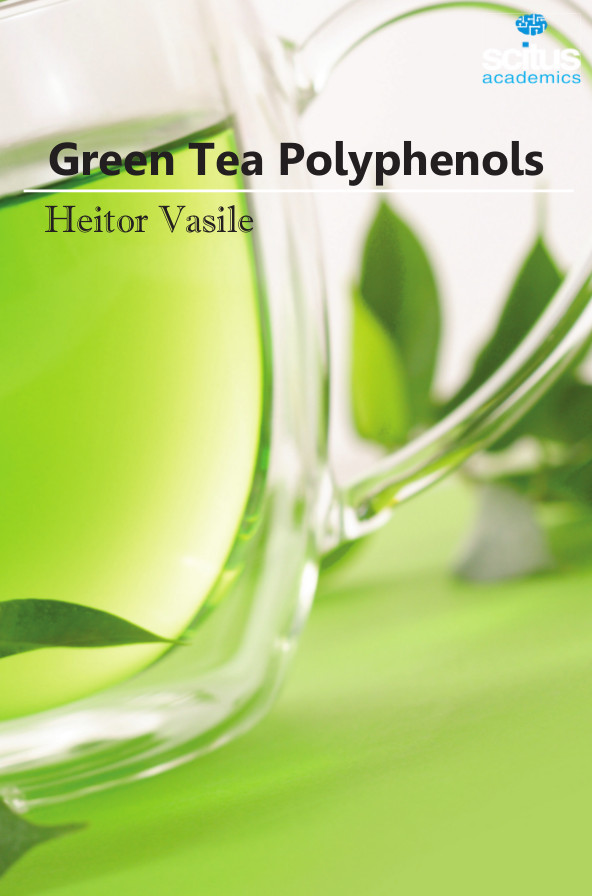Polyphenols are powerful antioxidants and free radical scavengers. They are strong scavengers of superoxide, hydrogen peroxide, hydroxy radicals, and Nitric Oxide (NO) produced by various chemicals. Flavonoids are polyphenolic compounds that include the subclasses of flavanones, flavones, isoflavones, flavanols (flavans), flavonols and anthocyanins. Green tea contains several groups of polyphenols that include flavonols (quercetin, kaempferol, and rutin, phenolic acids, theanine, flavor compounds, and leucoanthocyanins, accounting for up to 40% of the dry leaf weight. Can drinking several cups of green tea a day keep the doctor away? This certainly seems so, given the popularity of this practice in East Asian culture and the increased interest in green tea in the Western world. Several epidemiological studies have shown beneficial effects of green tea in cancer, cardiovascular, and neurological diseases. The health benefits associated with green tea consumption have also been corroborated in animal studies of cancer chemoprevention, hypercholesterolemia, artherosclerosis, Parkinson’s disease, Alzheimer’s disease, and other aging-related disorders.
Green Tea Polyphenols presents a collection of global discoveries on the frequent health benefits of green tea polyphenols, endorsing their position as healthy functional requirements. Contributors are experts in the field of green tea science and the addition of extensive references. A comprehensive overview of the inherent properties, chemical and biochemical functions, actions for lowering the risks of cardiovascular and infectious diseases and cancers, and underlying mechanisms of tea polyphenols is offered. Epidemiologic observations and laboratory studies have indicated that polyphenolic compounds present in tea may reduce the risk of a variety of illnesses, including cancer and coronary heart disease. Most studies involved green tea, however; only a few evaluated black tea. Results from studies in rats, mice, and hamsters showed that tea consumption protects against lung, forestomach, esophagus, duodenum, pancreas, liver, breast, colon, and skin cancers induced by chemical carcinogens. Other studies showed the preventive effect of green tea consumption against atherosclerosis and coronary heart disease, high blood cholesterol concentrations, and high blood pressure.
This book provides invaluable information that can be used to guide researchers, practitioners, advanced graduate students, scientists, and regulatory bodies.










